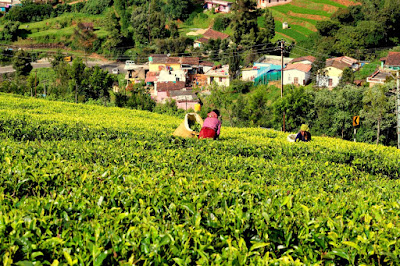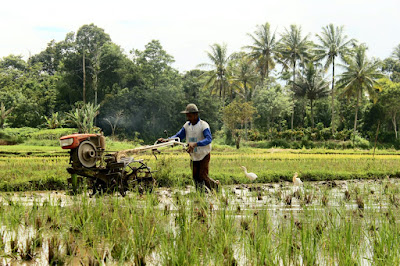Last week, we saw a lot of farmers protesting in the Indian states of Punjab and Haryana.
Why were they protesting and what are their demands?

To understand this, we have to first look at APMC i.e Agricultural Produce Market Committee.
This is a marketing board set up by the government in India to ensure that farmers are safeguarded from exploitation by traders and also to make sure that the farm retail price does not reach excessively high levels.
Now let us understand how the agricultural trade works under APMC.
Under this system, the govt sets up special market areas wherein the farmers can sell their produce to traders. But to procure goods from the farmers, the traders have to first get a license from the govt. In addition to that, the APMC decides a "Minimum Support Price" or MSP which is a minimum price at which the traders have to buy the produce from the farmers.
Thus Wholesale and retail traders (e.g. shopping mall owners) and food processing companies cannot buy products directly from a farmer. This ensures that farmers are not exploited by intermediaries (or money lenders) who compel farmers to sell their produce at the farm gate for an extremely low price.
But then you would say, what if no trader at the market is willing to buy the produce from the farmer? Does that mean the farmer's produce will go waste?
The answer is No. If no trader buys the crop in the market, then the govt steps in and buys it from the farmer at Minimum Support Price. This encourages the farmers to stay in business as there is an assurance that their crops will not be wasted.
This system has worked really efficiently in states like Punjab and Haryana but there are other places where this hasn't been the case. At many places, these market committees have set up Cartels and Mafias which exploit the farmers forcing them to sell their goods at a very low price and trapping them in the cycle of perpetual debt.
In order to tackle this problem, the Indian govt has proposed ordinances for the liberalization of farm trade. Under this, the farmers will have a choice of not selling their goods in APMC markets. Instead, they will have the freedom to sell it to traders outside without any taxes. Thus they can sell it for a price that is higher than the one they get in the APMC markets.
This does not mean the markets will shut down, if a farmer can't find a good deal for himself outside, then he can still come to the APMC market and sell it there.
On paper, this sounds like a really good deal for farmers right? Then why are they protesting?
The farmers think that providing incentives for trade outside the markets will give an opportunity for big corporations to step in and monopolize the farm trade.
But how exactly is this going to happen?
Consider this scenario. The new ordinances provide tax benefits for trading outside the markets, so naturally more and more farmers will choose to sell it to big firms outside the market. So gradually the markets will go out of business and the big firms eventually will have a monopoly over the farm trade. At that point, they will be able to force the farmers to sell at a price desired by them, which may not necessarily be profitable to the farmers. Thus there is a fear that this will lead to the mass exploitation of the farmers.
On the other side of the argument, the govt says that this system will only lead to an increase in competition which would ensure that farmers get a fair and reasonable price for their goods, which again is a valid point.
So both sides of the argument have some valid points to support their propositions but how this will turn out, only time can tell.


